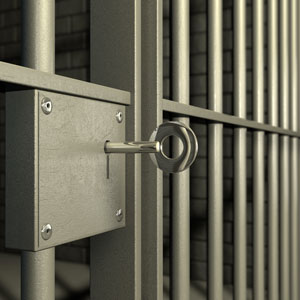
Child custody laws in Manasquan, New Jersey, are governed by Section 9:2-4 of the state's statutes, reflecting the state's commitment to ensuring that minor children maintain frequent and meaningful contact with both parents, even in cases of separation or divorce. The legislative intent underscores the importance of encouraging shared parental responsibilities and fostering strong parent-child relationships. In any legal proceeding concerning the custody of a minor child, it is crucial to understand that the rights of both parents are considered equal. The court, therefore, has the authority to issue an order that encompasses the following options: Joint Custody The court may grant joint custody – legal and physical custody – to both parents. This arrangement includes provisions for the child's living arrangements, allowing them to reside either exclusively with one parent or alternately with each parent based on the parents'…Read More
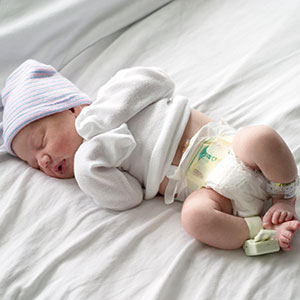
No. Having a baby as a teen does not emancipate the teen parent. Although adolescents ages sixteen and seventeen, whether they are parents or not, may seek emancipation, being a parent in itself does not affect a teen’s emancipation status. A teen parent can use his or her responsibility as a parent to support his or her petition for emancipation though. Emancipation is the process of legally becoming an adult. In many cases, a young man or woman is automatically emancipated on his or her eighteenth birthday. This means that he or she may enter legally-binding contracts. For a teenage parent, emancipation may be an attractive option because it would give him or her the ability to do the following: Apply for public assistance through Women, Infants and Children (WIC). Renting an apartment or house. Qualifying for public housing assistance.…Read More
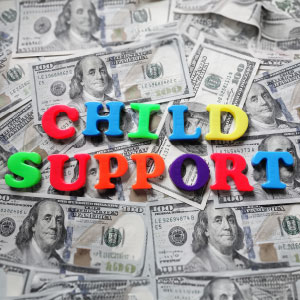
Imagine this: You've been raising a child in Manasquan, New Jersey, as your own, legally recognized as their parent, only to discover they aren't biologically yours. Questions start swirling in your mind about child support, visitation, and custody – fundamental pillars of family law, with the legal status of parentage serving as a critical factor in determining them. When a child is born within a marriage, New Jersey law typically assumes the husband to be the biological father, so his name is added to the birth certificate to reflect this. In situations where a child is born to unmarried parents, legal paternity can be established when the father signs the birth certificate. However, what if you discover that your legally recognized child isn't biologically yours? Is it possible to cease child support payments and modify your custody arrangement? Many facing…Read More

For many New Jersey families, college is seen as the gateway to adulthood. A teenager graduates high school and begins to attend college, whether locally or hundreds of miles away, and he or she ideally gains the maturity and knowledge necessary to function as an independent adult over the next four years. The notion of a child transitioning to adulthood brings up questions of emancipation. Emancipation is the event of becoming an adult and thus no longer needing financial support from one’s parents. In New Jersey, an adolescent is not automatically emancipated at age 18. Many young men and women continue to remain financially dependent on their parents into their mid- to late twenties, usually because of their enrollment in college. As a parent, you might be wondering if you are still required to pay child support for your adult…Read More
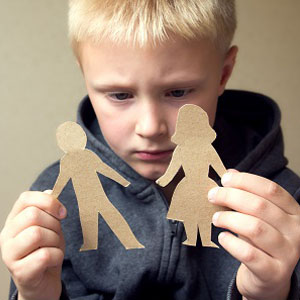
Child support is money paid from one parent to another to help him or her cover the expenses that come with being a child’s primary caregiver. These expenses include groceries, housing, the child’s medical care, and any other needs the child might have, like school supplies and extracurricular activities. When a couple with one or more children divorces, an order for child support is generally part of the couple’s divorce settlement. But when does the need for this support end? Childhood does not last forever, but in many cases, a young man or woman is not self-sufficient when he or she turns 18. Child Support Is Terminated When your Child No Longer Needs It If you are a parent who is currently paying child support, you might be wondering when this obligation will be terminated. The answer is, there is…Read More

Going through a divorce and facing the prospect of no longer seeing your child every day can be heartbreaking. Hearing that your child does not want to spend time with you during your court-ordered parenting time can be even more devastating. When New Jersey courts develop child custody agreements, they do so with the intention of meeting all of the child’s needs. One of the child’s most critical needs is a consistent relationship with both of his or her parents. But what if the child does not want to have a relationship with one of his or her parents? Can the court force a relationship? The answer is maybe. Why A Child Refuses To Visit A Parent Matters If your child is refusing to visit you because he or she is experiencing neglect or abuse from a member of your…Read More

There are a lot of reasons why you might want to leave the Garden State. Maybe you’ve been offered a great job opportunity elsewhere or you need to be closer to your extended family. Maybe you just want to relocate to a place where it’s cheaper to live. No matter what your reason for moving out of New Jersey, the most important thing you need to know as a parent with a child custody order is that you cannot simply pick up your child and leave the state. Your child needs to have a consistent relationship with both of his or her parents. Depending on where you go, this can be impossible with an interstate move. So what does this mean for you? Does it mean you’re stuck in New Jersey until your child turns eighteen? Not necessarily. Your Former…Read More
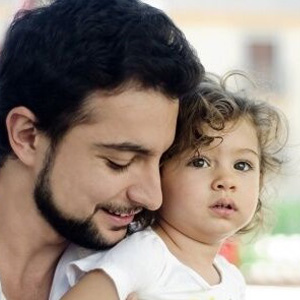
Actions That Can Violate Your Child Parenting Plan Or Order In nearly all cases, it is in a child’s best interest to have regular contact with both of his or her parents. Ideally, this is achieved through joint custody agreements, where each parent has an equal share of childcare duties and time with their son or daughter. But this type of arrangement is not possible for every family. Sometimes, only one parent is awarded custody of the child. When that happens, the other parent is awarded parenting time unless there is an outstanding reason why he or she should not spend time with the child, such as a history of domestic violence or criminal actions committed against children. Parenting time orders come with instructions for the parent. These instructions are usually about when the parent may spend time with the…Read More

Summer never seems long enough in New Jersey. One minute, you’re stepping onto the beach for the first time and the next, you’re in a department store picking out notebooks and pens for the upcoming year. Adjusting from a summertime schedule to the academic year can be a difficult transition, especially when you and your child have a new custody or parenting time schedule in place. Child custody schedules are developed with your child’s academic and personal well-being in mind. Staying on track at school is much easier for your child when you and your former spouse are kept up to date and in agreement about all academic issues. To make the transition from summer to the new school year easy for every member of your family, keep the following points in mind: Set Uniform Rules Talk to your former…Read More
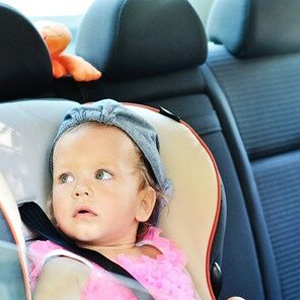
In New Jersey, the state agency charged with protecting children from abuse and household harm is known as the New Jersey Division of Child Protection and Permanency (DCPP). Many individuals still refer to it by its old name, DYFS (Division of Youth and Family Services). No matter what you call it, it is important that you understand what the DCPP does and how its involvement with you and your family can affect your child custody and parenting time rights. If you are contacted or investigated by the DCPP, do not brush it off. Being involved with the DCPP is a big deal and can affect your rights and relationship with your child for years to come. Discuss your involvement with the DCPP with your attorney to determine how it can affect your case. What The DCPP Does The Division of…Read More
